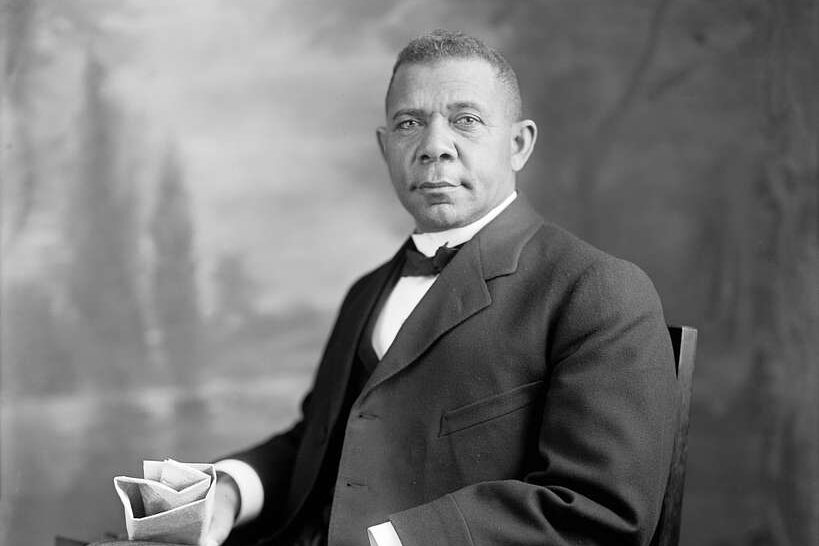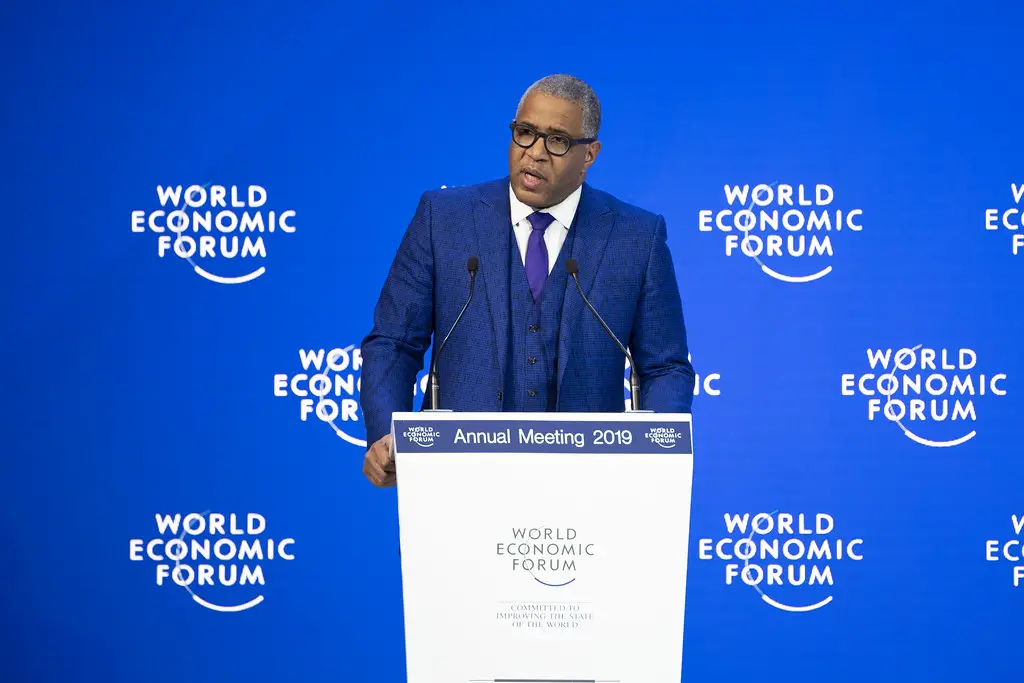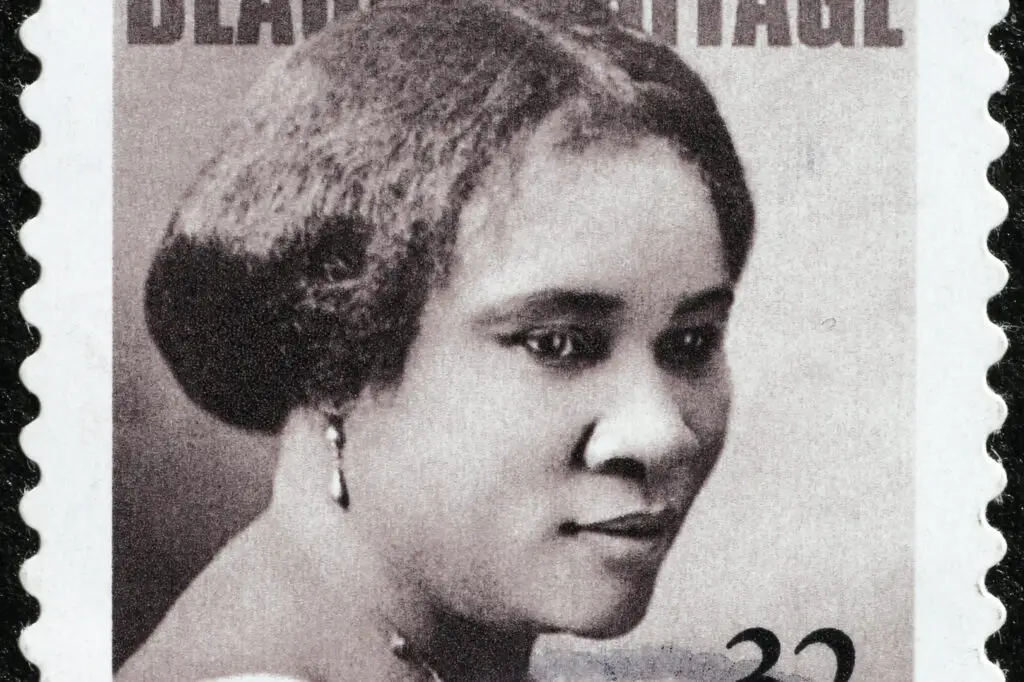1. Booker T. Washington: An Entrepreneurial Educator

Booker T. Washington may be best known for his role as an educator and the founder of Tuskegee Institute, but he was also an entrepreneurial pioneer. His efforts in establishing the school were driven by his belief in vocational training as a pathway to economic independence for African Americans. Washington managed to turn Tuskegee into a thriving institution that not only educated but also employed many in the surrounding community, providing them with skills they could use to sustain themselves and build wealth says Fox23.
Washington’s influence went beyond education. He strategically created partnerships with wealthy philanthropists and industrialists, including Andrew Carnegie and John D. Rockefeller, which brought in funding to support his initiatives. His unique approach to combining education with economic empowerment paved the way for generations of Black entrepreneurs, proving that business and education could be a powerful force for social change.
2. Robert F. Smith: From Tech Investor to Billionaire

Robert F. Smith is a modern-day entrepreneur who managed to build an empire before the internet era became ubiquitous. Smith founded Vista Equity Partners in 2000, a private equity firm that specialized in investing in software companies. He built Vista into one of the most successful tech-focused firms in the world, taking on investments in sectors that were often overlooked by traditional venture capitalists shares Forbes.
What sets Smith apart is his deep understanding of the potential of technology and his ability to foresee industry trends. He leveraged this insight to grow Vista into a $100 billion firm, making him one of the wealthiest Black entrepreneurs in America. Despite the rise of the internet, Smith’s empire was built before its dominance, relying on his expertise in technology and his dedication to fostering strong, lasting business relationships. His success shows that with vision and the right investments, even the most competitive industries can be navigated with excellence.
3. Jay-Z: From Rapper to Business Mogul

Jay-Z’s journey from rapper to billionaire business mogul is a prime example of how to build an empire outside the world of technology. Born Shawn Carter in 1969, Jay-Z began his career in the music industry, creating chart-topping albums that resonated with fans worldwide. However, his entrepreneurial spirit led him to diversify his investments, expanding into fashion, sports management, liquor, and real estate. He’s a co-founder of Roc-A-Fella Records, which launched his music career, and later expanded into ventures like Armand de Brignac champagne and Roc Nation sports agency.
What sets Jay-Z apart from other celebrities-turned-businessmen is his forward-thinking approach to investing and his focus on ownership. He made sure to retain control over his brands, creating long-lasting partnerships that kept him at the helm of his projects. Over time, he grew his empire beyond music, becoming one of the most influential African American entrepreneurs. His ability to balance creative talent with smart business decisions has made him an icon, not just in music but also in the entrepreneurial world.
4. Madame C.J. Walker: The First Female Self-Made Millionaire

Madame C.J. Walker’s legacy is one of resilience and innovation. Born Sarah Breedlove in 1867, she was determined to transform her life after facing numerous hardships, including being orphaned at a young age and struggling with scalp conditions. She started by creating and selling her own hair care products designed specifically for African American women. Over time, she built an empire by not only selling these products but also empowering other women to become independent beauty consultants.
Walker’s business acumen took her beyond just selling products. She established a manufacturing plant, a beauty school, and a large network of sales agents across the country. Her ability to tap into an underserved market and her commitment to uplifting others made her an iconic figure in entrepreneurship. By the time she passed away in 1919, Walker had amassed a fortune and was one of the most recognized African American women of her time.
